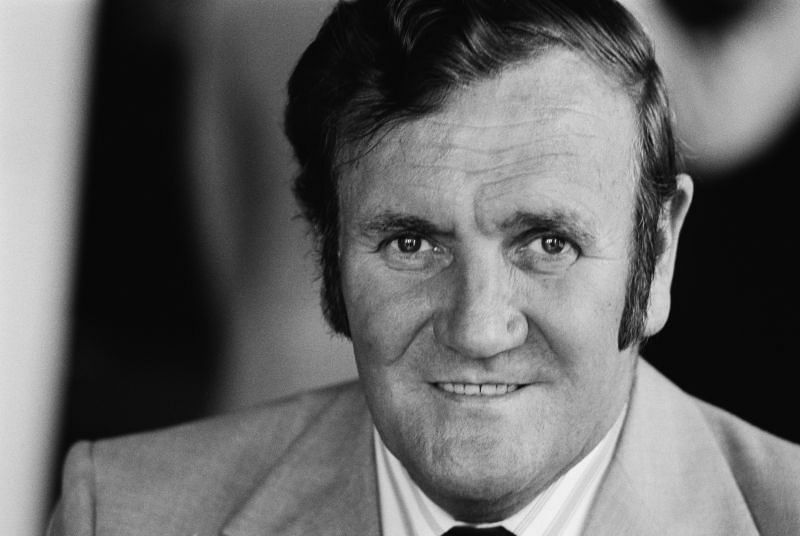
Leeds United and the ghost of Don Revie
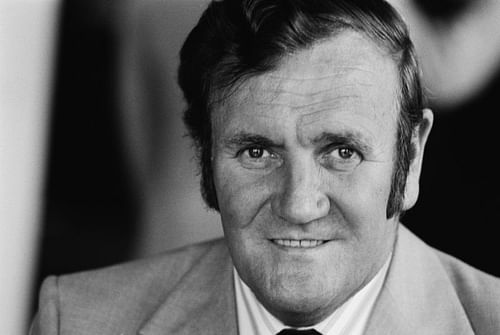
In the history of English football, very few clubs can boast the illustrious achievements and success of Leeds United. Founded in 1919, and calling Elland Road their home since the club’s inception, Leeds United were once regarded as the powerhouse of English football. During the 1960s and the early 1970s, the club had something of a resurgence, and one man played a pivotal role in ushering in that era: Don Revie, their manager.
Today Revie is something of a cult figure at Elland Road. His statue just outside the stadium, installed in 2012 to mark the 40th anniversary of Leeds United’s famous 1972 FA Cup triumph, is a holy pilgrimage for the club’s faithful.
It is a common sight to see his inanimate frame draped with Leeds United scarves and shirts as a form of homage to him every time something significant transpires at Elland Road. Although Revie enjoys great love from the Leeds United faithful even today, their affections are not shared by people from other parts of England, or even by the English Football Association.
In other words, unlike Sir Alex Ferguson, or even Arsene Wenger and Jose Mourinho, the topic of Don Revie’s contribution to English football has often been swept under the carpet. His beloved Leeds United kept English football in their thrall, sweeping one league title after another in what proved to be the club’s most fertile years in terms of silverware.
He was so impressive that the English FA gave Revie the responsibility of managing the English national team in 1974 in an attempt to emulate England’s World Cup success of eight years before.
Yet after his stint with Leeds, Revie has never been a hot topic for conversation. An average football fan watching the sport today will have no inkling about the Englishman and his innovative managerial methods. It therefore becomes necessary to assess exactly what went wrong for the legacy of Don Revie, a man who should be at the forefront of conversations regarding the best managers in English football.
Leeds United and Don Revie: The early years
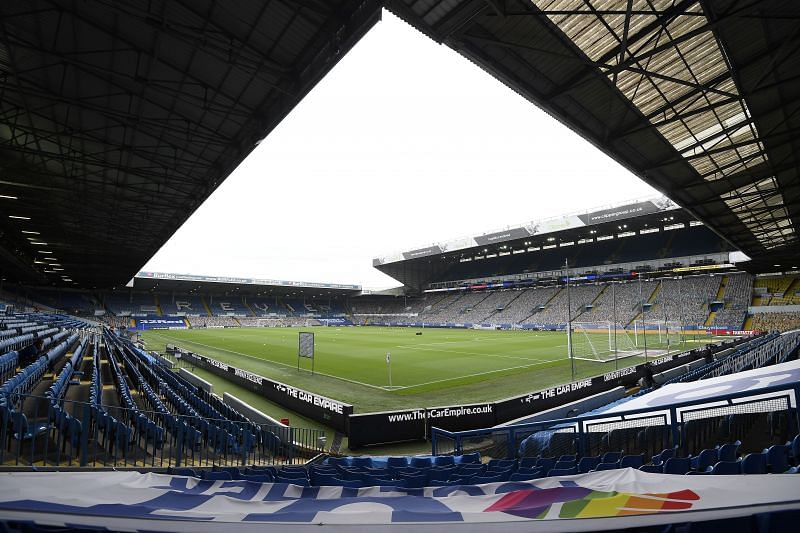
Before becoming a manager of great repute, Don Revie was a footballer first. He played as a forward for Leeds United from 1958 to 1961, and although he was not overtly prolific, he did manage to score 11 times in 76 appearances for the West Yorkshire club. Revie came to Leeds United as a 31-year-old, well past his prime, after previous spells at Leicester City and Manchester City, two prominent sides in English football today.
Don Revie was born in the city of Middlesbrough on 10 July,1927. Revie’s mother died when he was still a child, and his father was an unemployed carpenter. To support his family, Revie began to work as a bricklayer at the age of 14.
Life was hard and there was little joy to be had after a day of toil and drudgery. To make matters worse, England was caught in the midst of the second World War, with life and income both becoming uncertain for young Revie. Thankfully, football was an escape for him as he grew up near Ayresome Park, the then home of Middlesbrough Football Club.
Revie’s first stint as a player came in 1944, when at 16 years of age, he joined Leicester City. This proved to be the beginning of a modest football career, an opportunity he grabbed with both hands as it was his only way to avoid the cold realities of poverty.
When Revie was 33, in March 1961, the Leeds United board of directors decided to take a gamble and appointed him the manager of the club.
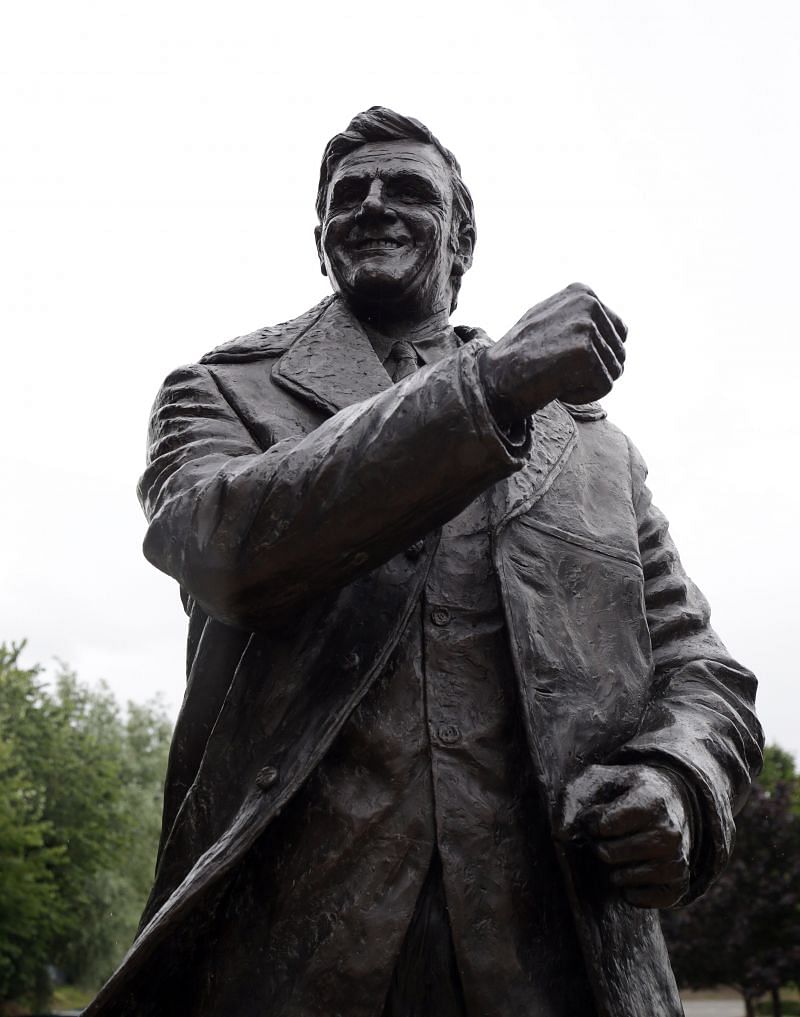
Billy Bremner, a player with whom Revie had played, and who would also play a pivotal role during Revie’s stint as Leeds manager, recalled about Revie:
"Overnight he had to make the transition from being one of the boys to being the boss. The way he affected the transition is a mark of the man himself."
Revie had the insight that few football managers ever had, or will ever have. He knew the players he would be working with inside out, from being a colleague to being the boss. This was instrumental to his success at Leeds United.
He was perhaps the first manager, at least in English football, who laid great emphasis on man-management. Revie believed that forging a winning team was much more about mere tactics and preparation. It was also about having a good relationship between the players and the manager. More importantly, Revie introduced the concept of ‘Boss’ in English football.
Don Revie would go on to forge a team of winners, although his first responsibility during his maiden season in charge was to save Leeds United from relegation, which he performed successfully.
Leeds United and Don Revie: The success and the hate
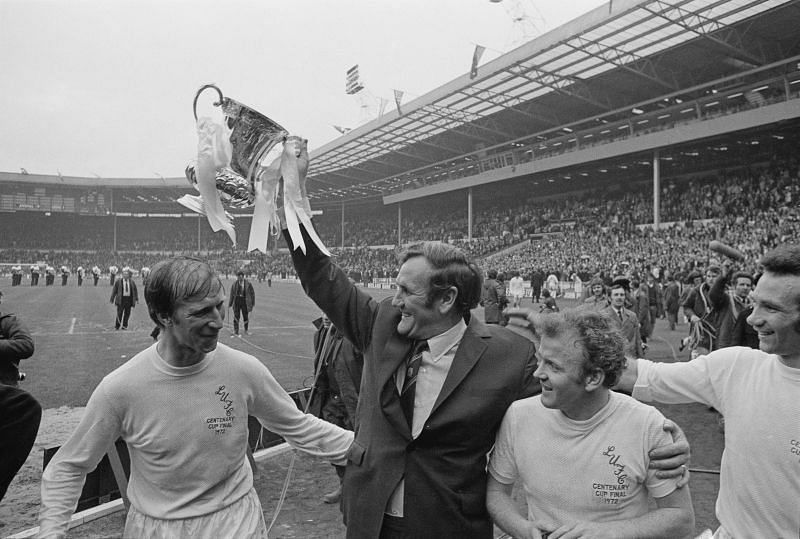
Revie was fortunate to have inherited a core group of players who were in their late teens. Players such as Billy Bremner, Norman Hunter, Gary Sprake the goalkeeper and Paul Reaney added character to the Leeds United team.
Bremner, especially, was a very influential player in the dressing room and was an ideal captain. Later, Revie would add Terry Cooper and Peter Lorimer to his roster at Leeds United, players who greatly improved under his tutelage.
However, Revie’s Leeds United become known for other less flattering reasons as well. His approach was described barbaric as Leeds United adopted a very physical approach to their game.
Revie emphasised on the all-or-nothing approach, which meant that his players did not shy away from resorting to the dark arts when the going got tough. Some managers blame Don Revie for ultimately harming English football with his aggressive tactics. Thus the monicker 'Dirty Leeds' was born.
This is perhaps one of the reasons why Revie’s work is not respected outside West Yorkshire. Although adored by the Leeds United faithful, both Revie and his team were hardly appreciated in other parts of England. Other teams found Leeds United intimidating, and today it forms part of the Leeds-Revie narrative.
In his 2010 book Revie: Revered and Reviled, Richard Sutcliffe quotes Eddie Gray, a player who played for Leeds United, describe their approach best when he said:
"It was brutal stuff and definitely win-at-all-costs."
Later, Sutcliffe also wrote in his book that in 1963, the English Football Association’s own FA News called Leeds United 'the dirtiest (team) in the football league.
However, others such as Johnny Giles defended Revie’s approach to football. He said:
"When people talk about Leeds being dirty, they forget that that was the culture back then. You had to look after yourself. There were so many players around who would now be suspended all season long. We just made sure nobody ever managed to bully us."
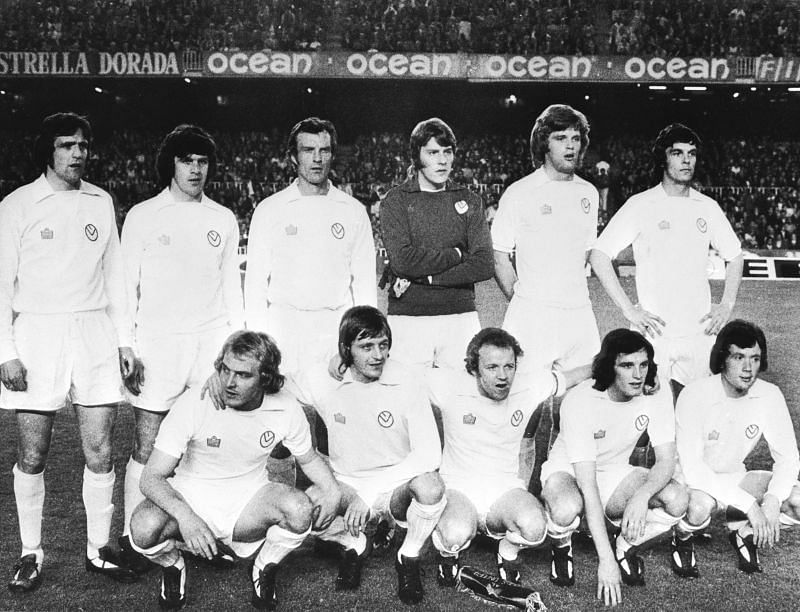
In spite of such antagonism, Revie led Leeds United to great success throughout his 13 years at the club. Leeds United won eight trophies under Revie's stewardship, which included two first division titles, an FA Cup and two Inter-Cities Fairs Cup. For his contributions to English football, Revie was awarded the honorary OBE in 1969 by the English monarchy.
However, Revie would have much preferred to be successful with the national team, instead. His three-year spell as England manager from 1974 to 1977 was disappointing, to say the least. After getting the sack in 1977, he went to the Middle-East in what proved to be an underwhelming end to a marvellous managerial career in English football.
It is sad to reflect that after Revie's death in 1989, very few people actually turned up for his funeral. None of the English national players he managed attended, nor did delegates from the English FA. Perhaps his lack of success with the national side, coupled with Leeds United’s legacy of playing hard and dirty tainted Revie's image as an ideal role model and manager. It is a shame really.
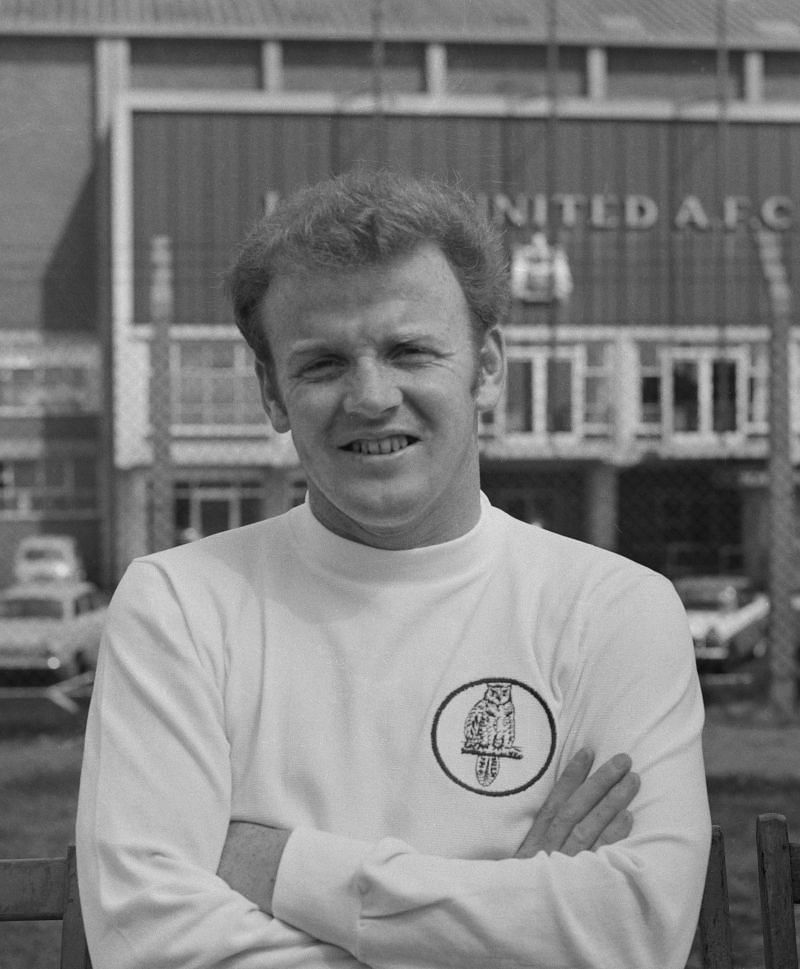
The resurgence of Leeds United under Marcelo Bielsa
Leeds United have had a hard time since being relegated in 2007 and other misfortunes falling their way. But after the club’s acquisition by Italian millionaire Andrea Radrizzani in 2017 and the appointment of Argentine maestro Marcelo Bielsa, it seems only a matter of time before the West Yorkshire club features in the Premier League once again.
Currently sitting first in the English second division at the time of writing, Leeds United will have only themselves to blame if they do not play Premier League football next season.
With the club having completed its centenary celebrations, perhaps more joy is in store for the all-whites from West Yorkshire. Competing in the Premier League would be the best way to pay tribute to Don Revie, who is undoubtedly the single most influential figure in the chequered history of Leeds United.